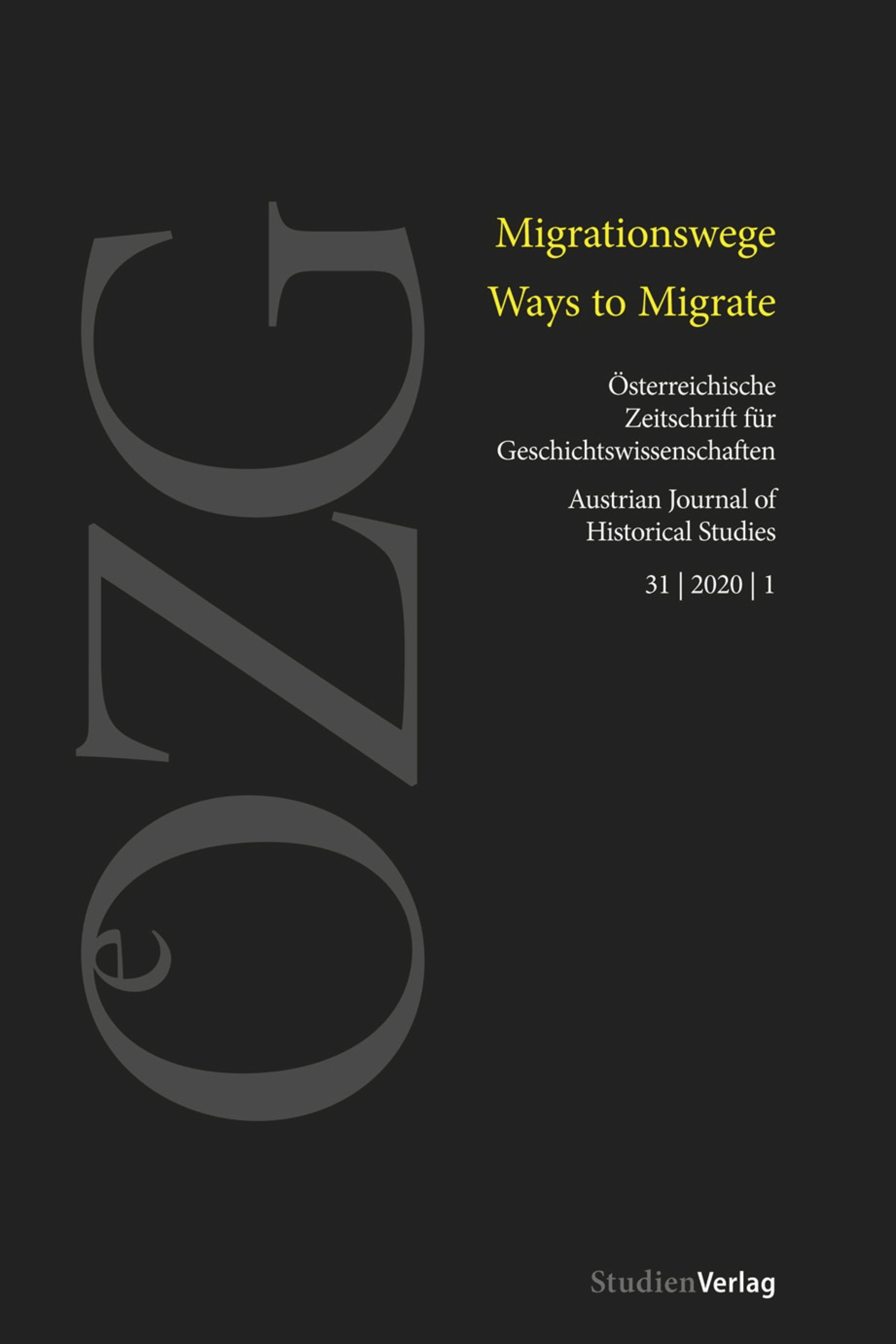“The Exodus of Turkish Guest Workers to Germany Seems to Have Calmed Down”
Migration Patterns and Local Negotiations of Migration with a Focus on the Glanzstoff Factory
DOI:
https://doi.org/10.25365/oezg-2020-31-1-8Keywords:
labour migration, migration patterns, migration regimes, transnational history, entangled history, local scale, migratory practicesAbstract
In conventional narratives, the history of labour migration is described as a two-step process in which immigration follows so-called “guest work.” With a focus on the Glanzstoff factory in St. Pölten, I reconstruct various migration paths that do not exactly match such descriptions. Although neglected by research, many of those recruited moved on to other countries after a stopover in Austria, especially to Germany. The traditional stories about the course of labour migration are based on migration policy regulations and/or refer to national averages when describing the lifestyles of migrants. The present study takes a different perspective to such aggregated analysis: departing from current theoretical debates on migration regimes, the Glanzstoff factory is conceived as a local zone for the negotiation of migration. Based on the fluctuation and the resulting strategies of all actors involved, I examine how the “guest worker regime” was implemented and challenged locally.
Downloads
Published
How to Cite
Issue
Section
License
Copyright (c) 2020 Anne Unterwurzacher

This work is licensed under a Creative Commons Attribution 4.0 International License.


